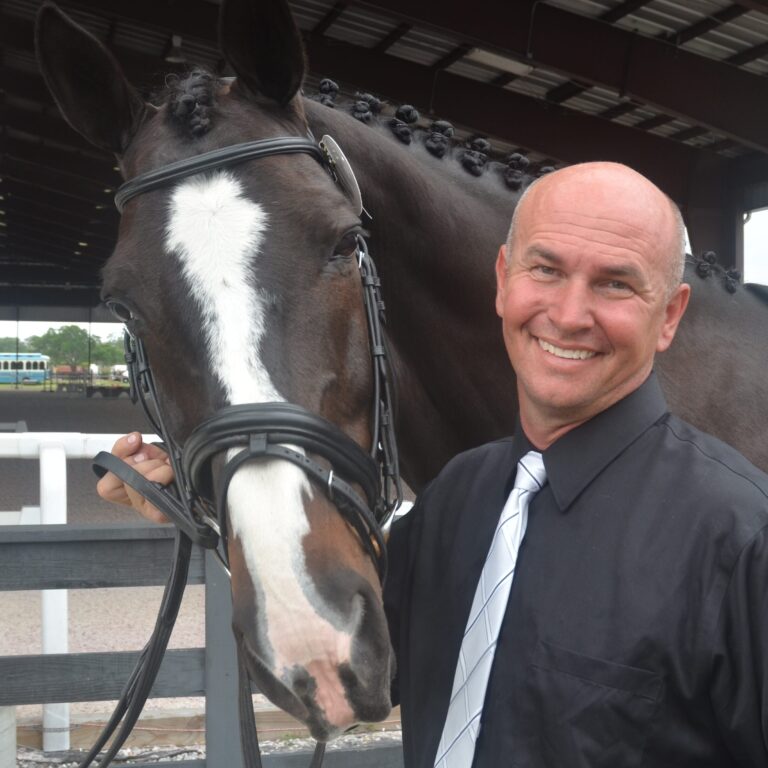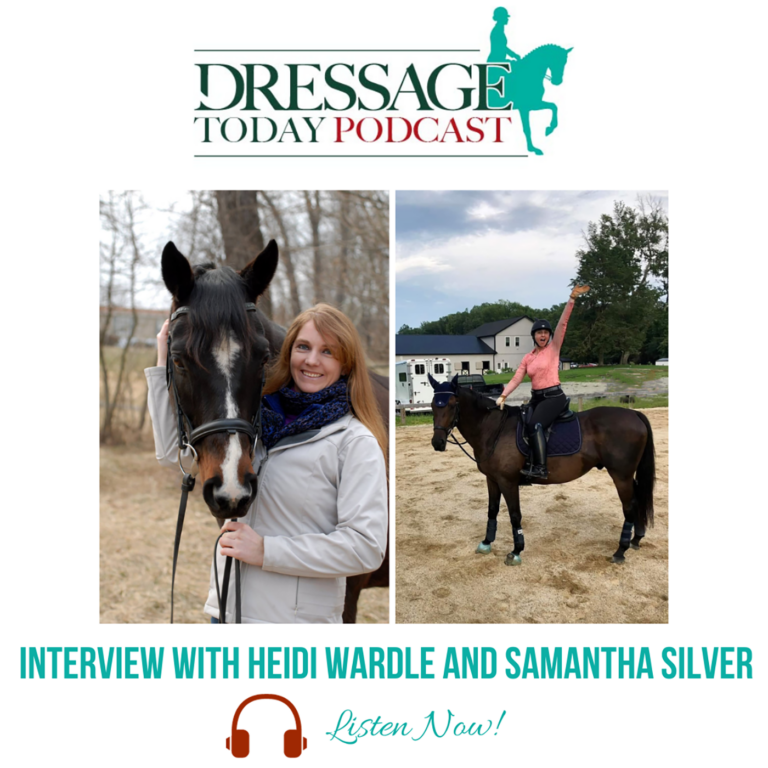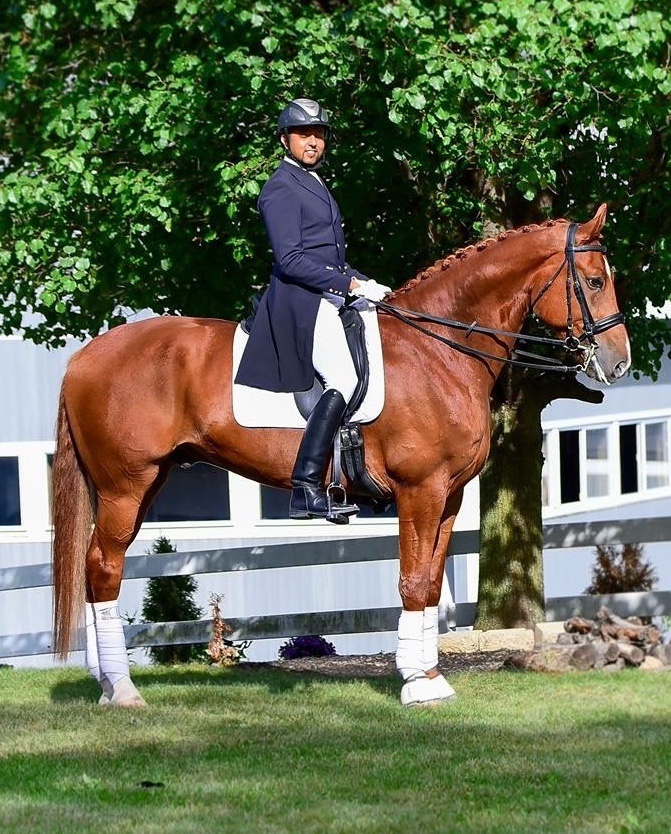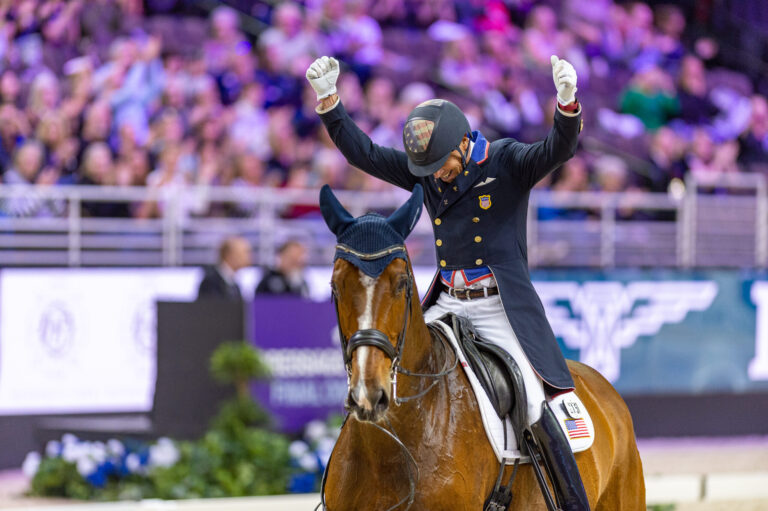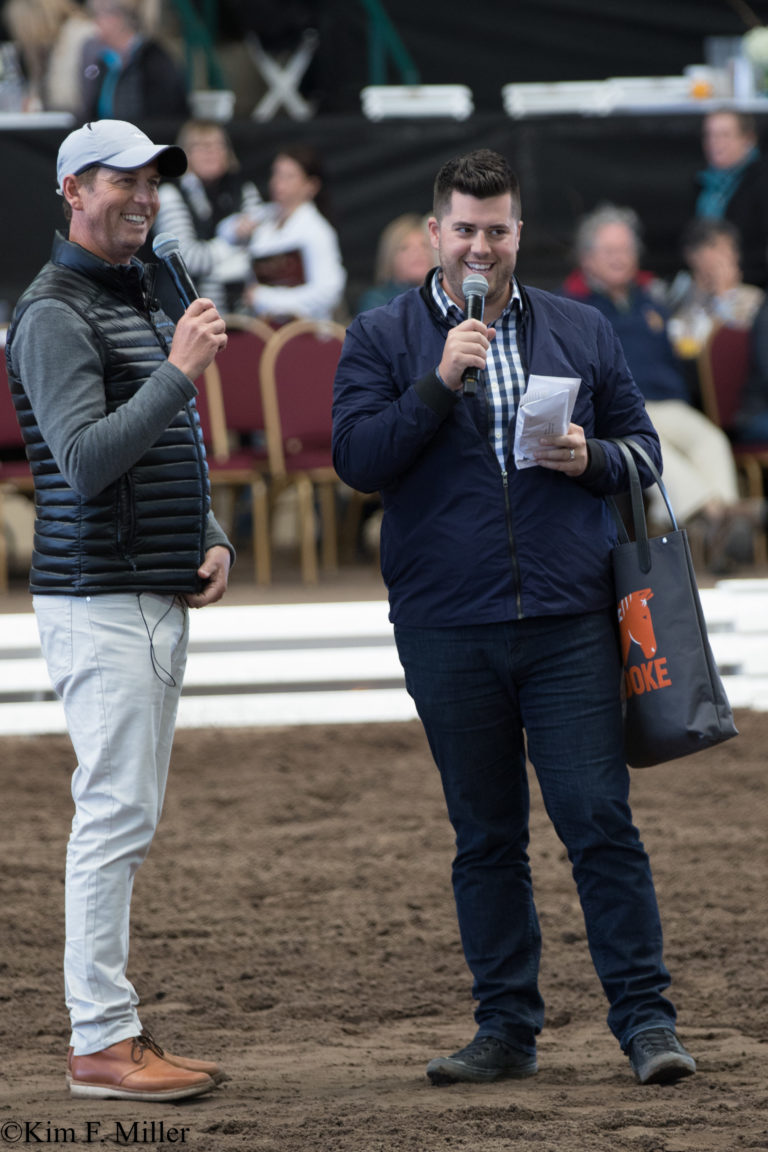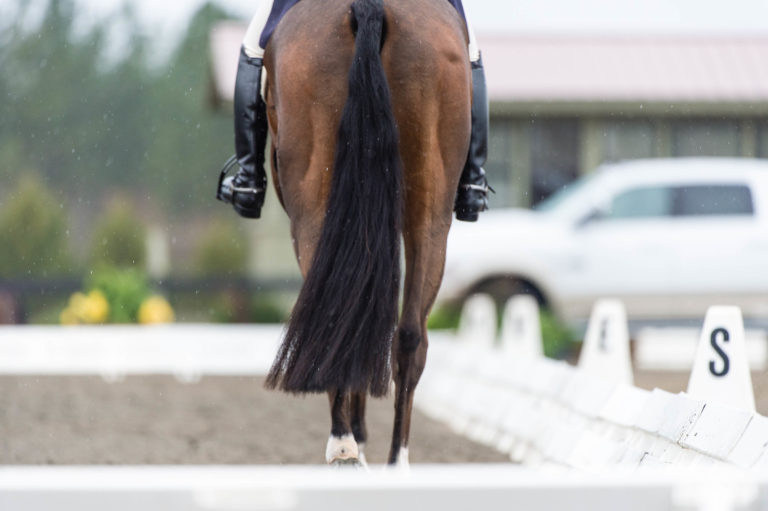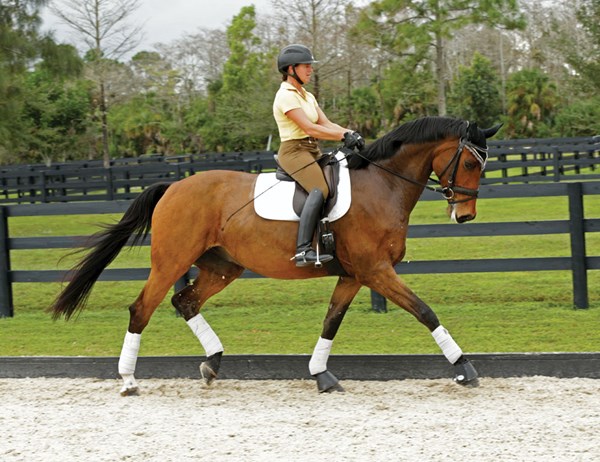It’s no secret that owning a horse is an expensive venture. Even after that initial purchase price, other fees such as board, training and showing fees add up. If your horse becomes sick or injured, it can cost you a fortune in veterinary bills. Plus, if the worst-case scenario happens and your horse dies, not only will you be heartbroken, but you will have lost your financial investment and there’s a good chance you will be without funds to buy another—at least for a while.

One way to protect your horse, and your checkbook, is to purchase equine insurance. The right plan can help you control costs if your horse requires unforeseen medical care and will reimburse you for his value if he dies. Equine insurance offers you peace of mind knowing that if something happens to your horse, you can work on getting him the appropriate treatment and not worry so much about budgeting for large vet bills.
If you’ve never purchased equine insurance, getting the process started might seem daunting. The best thing you can do is find an agency that you feel comfortable working with. Ask your trainer, veterinarian or a horse friend to recommend some options or do some research online. Be sure to call a few different companies to see which sounds like the best fit for you. Equine insurance policies are customizable, so the agent will go over each type of coverage available, explain different options and give you a quote.
At our agency, we work with new horse owners every day. Below are several of the most common questions we get asked.
Could you explain a few key terms in the equine insurance industry? What does “full mortality” mean? What are “endorsements” and “underwriters?”
Understanding key terms is a great place to start because, like any subject, insurance has its own “language.” For instance, if you weren’t acquainted with certain dressage terminology (as an example, “on the bit”), it would be hard to grasp the concept. So, to fully comprehend how equine insurance works, it helps if you have a clear understanding of the language used in the industry.
One of the first things you’ll learn is that the base horse insurance policy is a full mortality policy. Full mortality reimburses the insured value of your horse in the event of death due to any cause, theft, or humane destruction subject to policy conditions.
You can also add to this policy through an endorsement. Endorsements to the policy are changes or modifications to the base policy. A few examples of endorsements include additions such as major medical, air transit/extended territory, and loss of use coverage. Major medical reimburses the insured horse for nonroutine veterinary expenses up to a pre-determined limit. For horses competing overseas or purchased overseas, an endorsement to extend the coverage territory and provide insurance during air travel is provided through the Air Transit/Extended Territory endorsement. Loss of use is a form of disability insurance and reimburses a portion of the insured value in the event the horse is permanently unable to perform the insured use.
Horse insurance is purchased through an insurance agency; an insurance agency may represent one or more insurance companies and can provide quotes and detail the differences in the products offered by the insurance companies. The insurance agency works with underwriters of insurance companies to determine what coverages are available for purchase for each customer’s horse. Underwriters are employees of the insurance company that review applications for insurance for acceptance and base their decisions on the guidelines that are set forth by the insurance companies. Insurance companies make guidelines based on information provided by actuaries. Actuaries analyze data relating to historical policy claim information.
The underwriter determines if the requested value of the horse is acceptable, based on the original purchase price and the competition and training record of a horse, and will review the health history of each horse to see if any policy exclusions will apply. A policy exclusion is an ‘exception’ to the policy that will not be covered by the policy. An underwriter may exclude a pre-existing condition from medical or medical and mortality coverage.
Once the policy is in place, the customer will work with the agency to make changes to the policy during the year. A policy can only be purchased through an insurance agent licensed in your state. There are a few insurance companies throughout the country that have insurance agents that work exclusively for them and can only represent one insurance company. A “captive agent” only represents one insurance company versus an “independent agent” that represents several insurance companies and can provide a variety of products. Policy changes could include a change in the insured horse’s use, the insured horse’s value, an address change, or adding or deleting a coverage. The policy is dynamic and can be changed as needed during the year.
Review of Key Terms at a Glance
Full Mortality Policy: Reimburses the insured value of your horse in the event of death due to any cause, theft, or humane destruction subject to policy conditions.
Endorsement: A change or modification to the base policy. A few examples of endorsements include additions such as major medical, air transit/extended territory, and loss of use coverage.
Major Medical Endorsement: Reimburses the insured horse for nonroutine veterinary expenses up to a pre-determined limit.
Loss of Use: Form of disability insurance and reimburses a portion of the insured value in the event the horse is permanently unable to perform the insured use.
Insurance Agency: May represent one or more insurance companies and can provide quotes and detail the differences in the products offered by the insurance companies.
Underwriters: Employees of the insurance company who review applications for insurance for acceptance and base decisions on the guidelines that are set forth by the insurance companies.
Actuaries: Analyze data relating to historical policy claim information.
Policy exclusion: An “exception” to the policy that will not be covered by the policy.
Captive Agent: An insurance agent who only represents one insurance company
Independent Agent: An insurance agent who represents several insurance companies and can provide a variety of products
Do all health incidents need to be reported to insurance? What happens if you don’t report something?
If the horse becomes ill or injured the insured (customer) is required to notify the insurance carrier. For example, if a veterinarian is called for a non-routine exam to treat an illness or injury, the insurance carrier should be notified. Sometimes injuries may appear to be minor, but they may actually turn out to be serious issues. For instance, you assume your horse has a simple stone bruise, but in fact has a fractured coffin bone that requires an MRI, or other diagnostics, and extensive veterinary care. An adjuster will assist in reimbursing medical expenses (if major medical is part of the policy) and following the progress of the horse’s recovery. Often the issue is small, and an incident-only report can be filed without much follow-up.
Reporting and keeping the insurance company apprised of the health of an insured horse is required by each insurance company that insures horses. The consequences of non-reporting or late reporting vary from insurance company to insurance company as do the insurance policies themselves.
What should you do if an exclusion feels unfair or unwarranted?
Horse insurance policies can almost always be updated. An exclusion can be reviewed for possible removal during the policy period. A customer should find out what events need to happen and what time period should pass before the exclusion can be reviewed for removal. An example of a requirement to have a lameness exclusion reviewed would be to have the horse competing at a minimum of three shows at the same level it competed prior to the lameness in question and the policy holder completing paperwork documenting the treatment dates and rehabilitation schedule.
Will reporting an incident (such as a mild gas colic) mean that an exclusion will be placed on that condition?
Horse insurance policies are all “term” policies meaning the insurance carrier will provide the coverage promised for the one-year term purchased. The health of each insured horse is reviewed at the annual policy renewal and insurance company underwriters can place exclusions on unresolved issues for an upcoming policy period. Insurance underwriters view issues differently, so it is helpful to work with an agency that represents several insurance carriers. This way, several underwriters can be consulted, if necessary, during the policy renewal process.
What is the most cost-effective way to insure a valuable horse?
The most important part of our job as insurance agents is providing information to customers so that the customer can make educated decisions. An agent can provide quotes for different mortality values, varying medical reimbursements and even different deductibles for the medical insurance.
The customer can turn over the financial risk to the insurance carrier and insure 100% to value or choose a reduced value and accept some of the risk themselves. It is a very personal decision and with a new purchase we recommend insuring to value at least until an individual becomes familiar with a horse for a period of time.
What are some tips to help horse owners choose the appropriate coverage?
The best tip is to ask questions and gain information, so the horse owner understands why each product was purchased. The owner should see the value in each product purchased.
What are some common mistakes people make when insuring their horses?
A mistake I could foresee would be not feeling comfortable asking your insurance agent questions. Any issue is open for discussion because, unlike other types of insurance, horse insurance has an emotional aspect and is a very personal purchase.
Being able to have an open and honest dialogue with an experienced agent that you feel comfortable with is an important factor in making sure you have all the answers you need. No question is too simple, and more than likely, your agent has heard it before. So, when in doubt, always ask questions!
Click here to read more articles about equine insurance.
Laura Connaway is the President of Connaway & Associates Equine Insurance Services, LLC, which she founded in 1992; Connaway and Associates is licensed in 48 states. She’s also an amateur jumper rider and competes at the grand prix level with her own homebred horses.


